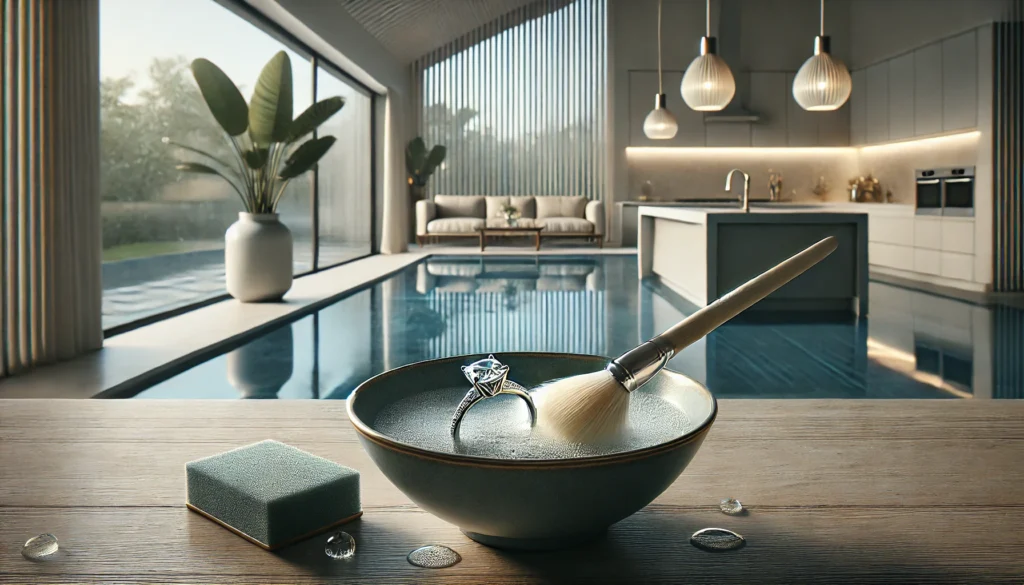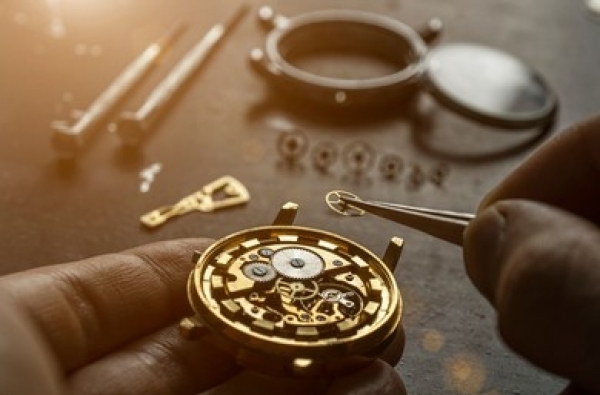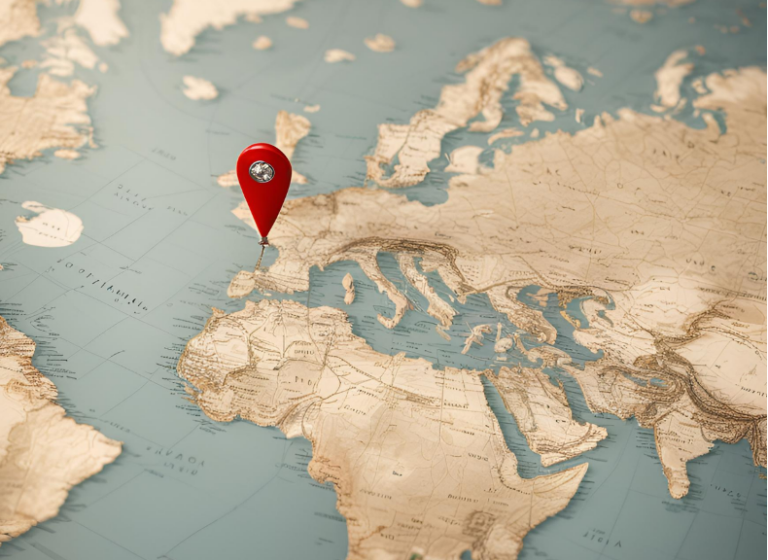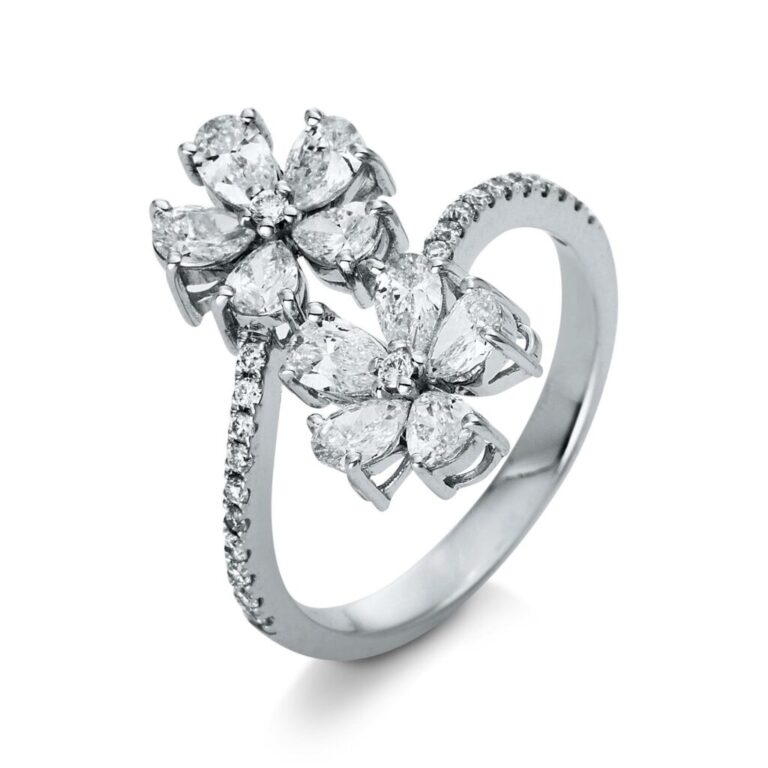
Did you know that swimming or cleaning with bleach while wearing your jewellery might cause you to lose your diamonds? This alarming fact is due to chlorine contamination. Chlorine, a common chemical found in swimming pools and household cleaners, can have a detrimental effect on your precious diamond jewellery. Let’s explore how and why this happens, and how you can protect your valuables.
How Chlorine Affects Your Jewellery
Chlorine is highly reactive with metals commonly used in jewellery, such as gold and silver. These metals are often alloyed with other metals like copper, zinc, and nickel to enhance their strength and durability. However, chlorine reacts with these alloys, causing them to weaken and deteriorate over time. This reaction can lead to discoloration, tarnishing, and even structural damage, increasing the risk of losing your diamonds.
For instance, when you wear your diamond ring in a chlorinated pool or while using bleach, the chlorine can cause microscopic cracks in the metal. These cracks can expand, leading to loose settings and, ultimately, lost diamonds.
The Importance of Proper Jewellery Care
To prevent chlorine damage, it’s crucial to remove your jewellery before swimming in pools, using hot tubs, or cleaning with bleach. Here are some practical tips to help you care for your diamond jewellery:
- Avoid Chlorine Exposure: Always take off your jewellery before swimming or using cleaning products that contain chlorine. This simple step can prevent significant damage.
- Regular Cleaning: Clean your jewellery regularly to remove any residues that may have accumulated. Use a mild dish soap mixed with warm water. Soak your jewellery for 15-20 minutes, then gently scrub with a soft toothbrush. Rinse thoroughly and pat dry with a lint-free cloth.
- Professional Check-Ups: Have your jewellery inspected by a professional jeweller at least twice a year. They can check for any damage or loose settings and ensure that your pieces are in good condition.
- Use Protective Coatings: Consider applying a protective coating to your jewellery. These coatings can act as a barrier between your jewellery and harmful chemicals, reducing the risk of damage.
Understanding the Risks
It’s essential to understand that the damage caused by chlorine is not always immediately visible. The weakening of the metal may happen gradually, and by the time you notice, it might be too late. Regular maintenance and proper care are therefore crucial to prolonging the life of your jewellery.
Additional Tips for Jewellery Care
- Store Properly: When not wearing your jewellery, store it in a cool, dry place. Use a jewellery box with a soft lining to prevent scratches and other damage.
- Be Gentle: Handle your jewellery with care. Avoid pulling or yanking on chains and be gentle when putting on or taking off rings and bracelets.
- Avoid Harsh Chemicals: Besides chlorine, other harsh chemicals such as ammonia and acetone can also damage your jewellery. Always remove your jewellery before handling such substances.
- Know Your Jewels: Some gemstones are more delicate than others. For example, pearls and opals require more careful handling compared to diamonds. Ensure you understand the specific care requirements for all your jewellery pieces.
Conclusion
Protecting your diamond jewellery from chlorine damage is crucial for maintaining its beauty and structural integrity. By following simple care tips and being mindful of when and where you wear your jewellery, you can ensure that your diamonds remain secure and sparkling for generations to come. Remember, a little care goes a long way in preserving the brilliance and value of your precious pieces.
By taking these precautions, you can enjoy your diamond jewellery without worrying about chlorine damage. Your diamonds will continue to shine brightly, symbolising your cherished moments and memories.




